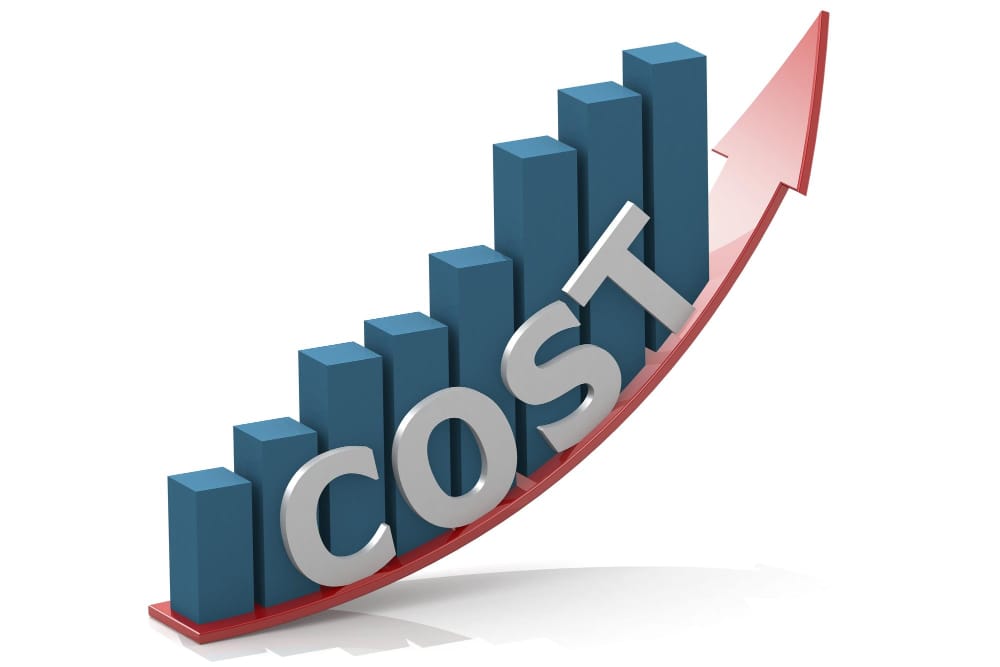Debt is an inevitable part of life for many young professionals and working adults in Singapore. Whether it’s a personal loan, business growth investment, or managing credit card expenses, debt often becomes a juggling act. The challenge arises when repayments clash with personal aspirations, from pursuing further education to buying a home or starting a business.
But here’s the good news—managing debt doesn’t mean abandoning your goals. With the right strategies, it’s possible to balance repayments while staying on track toward achieving your dreams. This guide breaks down practical tips tailored to Singapore’s financial landscape to empower you on this path.
Understanding Your Debt
Before you can manage your debt effectively, it’s essential to understand what you owe. Different types of debt often require different approaches, so breaking them into categories is the first step toward creating a repayment strategy.
Types of Debt
- Personal Loans
These loans often cover significant expenses, such as medical emergencies or weddings. While they typically have lower interest rates than credit cards, the repayment period can vary, affecting your financial planning.
- Credit Card Debt
One of the most common types of debt is credit card debt. Credit card interest rates in Singapore can be as high as 25% per annum, making it crucial to prioritize repayment and avoid falling into a cycle of compounding debt.
- Business Loans
Small business owners may rely on loans to fund growth or expansion. While these loans often have fixed repayment structures, late payments could result in penalties that impact the business’s cash flow.
Understanding the structure and terms of your debt allows you to categorize your obligations and assess their urgency before creating a repayment plan.
Budgeting Strategies
A solid budget is the foundation of balancing debt while achieving your goals. These budgeting strategies are tailored for Singaporeans and capitalize on local resources to make financial planning easier.
Practical Budgeting Tips
- Use the 50/30/20 Rule
Divide your income into three parts:
– 50% for essentials (housing, food, transportation)
– 30% for discretionary expenses (entertainment, personal hobbies)
– 20% for savings and debt repayment
This structure ensures a balance between debt management and lifestyle choices.
- Leverage Budgeting Apps
Singaporean apps like Seedly or OCBC’s Financial Wellness tool provide intuitive ways to track expenses, analyze spending habits, and set financial goals. Proper tracking holds you accountable with real-time updates.
- Create an Emergency Fund
Set aside a portion of your monthly income to build a safety net. An emergency fund helps you avoid using high-interest credit cards during financial surprises.
By creating a clear budget and sticking to it, you can allocate resources efficiently and free up funds for repayments and aspirations.
Prioritizing Your Goals
Balancing debt repayment with personal goals starts with alignment. Define your aspirations and then structure your debt strategy around them.
Goal Alignment Tips
- Identify Your Short- and Long-Term Goals
Break your goals into manageable timelines. For example:
– Short-term goals (1-3 years): Taking a certification course or saving for a vacation
– Long-term goals (5+ years): Buying a property or starting a family
- Weigh the Importance of Each Goal
Rank your aspirations by importance and urgency. Focus on funding the most significant ones while ensuring smaller goals are not neglected.
- Align Financial Decisions with Goals
If you’re saving for further education, consider education loans with lower interest rates if your goal is business expansion, research grants, or SME-specific funding solutions in Singapore.
The key is creating a repayment method that complements the goals you’re passionate about pursuing.
Debt Repayment Methods
Paying off debt strategically saves money on interest while keeping you financially stable. Here are some effective debt repayment methods to consider:
Popular Strategies
- Debt Consolidation Plans
Singaporean banks offer these plans to combine multiple loans into one with a single interest rate. This simplifies payments and often reduces interest in the long run.
- Balance Transfers
Some credit cards in Singapore offer balance transfer services with a 0% promotional interest period (e.g., 3–12 months). This allows you to pay off higher-interest debts faster, but beware of fees and ongoing interest rates once the promotional period ends.
- Snowball Method
Focus on paying off smaller debts first while making minimum payments on larger ones. This will build momentum and provide a psychological boost.
- Avalanche Method
Prioritize debts with the highest interest rates first. While it may take longer to see progress, this saves money on interest over time.
Assess your financial situation and choose the method that aligns best with your priorities and resources.
Seeking Professional Advice
If managing your finances feels overwhelming, don’t hesitate to seek guidance. Financial advisors in Singapore can offer personalized insights and create tailored repayment plans that align with your goals.
When to Seek Help
- Debt Appears Unmanageable
If your debt-to-income ratio (DTI) exceeds 50%, it’s time to consult an expert.
- Financial Goals Seem Impossible
A professional can provide fresh perspectives and solutions if you’ve sacrificed goals or feel stuck.
Where to Find Help
- Credit Counseling Singapore (CCS)
A non-profit organization that offers workshops and support for managing debt effectively.
- Licensed Financial Planners
Engage financial advisors affiliated with institutions like DBS NAV Planner or independent firms to create a bespoke strategy for your needs.
You gain actionable solutions and renewed confidence in your financial management by seeking assistance.
Take Control of Debt While Moving Toward Your Goals
Managing debt while pursuing personal and professional aspirations may seem daunting, but it’s achievable with the right approach. By understanding your debt, creating a realistic budget, aligning your goals, and leveraging effective repayment methods, you can strike the perfect balance between financial responsibility and life aspirations.
Remember, financial success isn’t about perfection; it’s about progress. Whether paying down loans or working toward future dreams, each step brings you closer to the financial well-being you deserve.
For personalized advice and support, consider consulting a financial planner in Singapore or exploring local resources for additional guidance. With clarity and confidence, you’ll find managing debt is just another stepping stone on your path to success.






